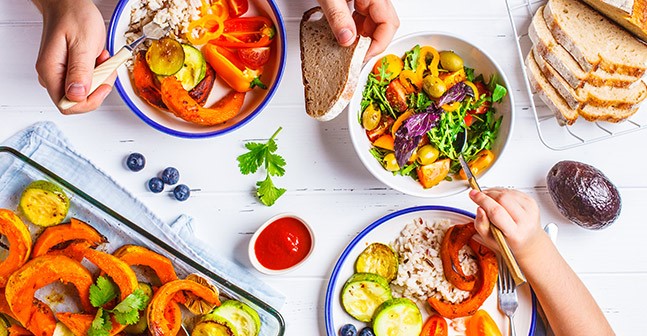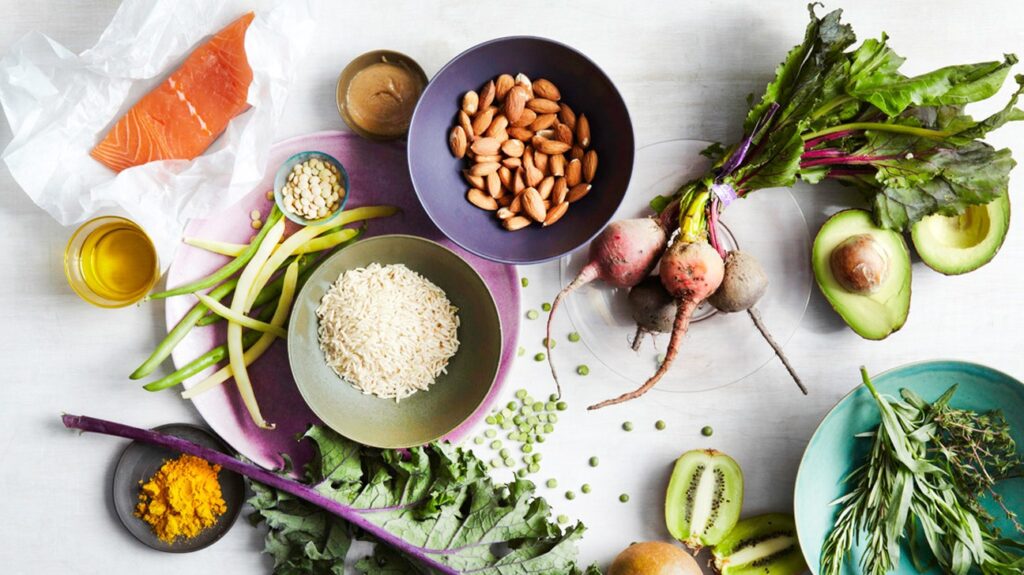You can find information about the advantages of eating healthily almost anywhere these days. We all know that eating more fruits and vegetables and fewer sweets will help us feel more energized, healthier, and happier. However, changing your eating habits can be difficult, especially if you don’t know where to start. Here are some suggestions for making better food choices in your diet.
1. Know that it’s a process
Making changes in your life, especially ones involving food, is difficult. It won’t occur without any forethought and having sensible assumptions for you will assist with making the progress simpler and more pleasant. Take time to think about why you are attempting to change your eating routine. Then come up with a few small, specific goals attached to due dates. Make goals and try to put them somewhere where you will see them often. Make objectives and attempt to put them where you will see them frequently. Helping yourself remember your goals and why these steps are important to you will help you stick with them.
2. Think about adding, not subtracting
One of the reasons that many individuals let go of a new goal is that they attempt to make too large of a change very fast. When thinking about making your eating routine better, start a little and try adding new food varieties to your collection rather than taking away familiar foods. Love pasta? Perhaps change the recipe a bit and try using wheat or brown rice pasta with natural toppings. Want something sweet in the mornings? Attempt a natural smoothie. Having difficulty with overeating at dinnertime? Start your supper with a beautiful plate of mixed greens or a bowl of hot vegetable soup which will make you full and want to reduce your main course.
3. Get in the kitchen
One of the best habits is learning how to make supper from kitchen scraps. In case you’re new to cooking, start little and try to set up a couple of basic suppers at home over the following month. Start with an attempt at making soups, curry, plates of mixed greens, because you can never mess up while making them.
If you’re already a kitchen-savvy person, knock it up a notch. Challenge yourself to plan additional fixings without any preparation. For instance, figure out how to cook your beans as opposed to using canned. The more meals you prepare for yourself, the more control you have over what you eat and the better your cooking becomes!
4. Find some inspiration (and check out the farmer’s market)
If you wind up depending on similar suppers consistently or begin to lose force in rolling out better improvements, it’s an ideal opportunity to take a look around! Look at some new cookbooks, food magazines, or recipes on the web. Or then again, take it a step forward and go around your block to find a new restaurant in a different part of town and eat at a new restaurant.
Make it a habit to have a go at shopping at your nearby farmer’s market. Not only are you consuming fresh produce from your neighborhood, but you’re also helping the planet. It’s also more reasonable, better, and more delicious. Farmer’s markets also give you the chance to explore new fruits and vegetables and find out recipe suggestions from farmers themselves. Plus, looking at the fresh vegetables, you can’t go wrong.
5. Get support!
It’s always easier (and more enjoyable!) when we try something new with a buddy. Enlist the support of a friend or family member and help each other to make healthier changes. Swap recipes, try new restaurants or send each other home with extras from your healthy suppers. Having a “Health buddy” can assist you with feeling upheld in your choice to eat better and remain focused.
6. Don’t stress
Food should be enjoyable, not stressful. If you find yourself worried or stressed about your progress (or maybe lack of progress), take a step back and figure out why. Are you trying to make too many changes at once? Are you stuck and don’t know how to proceed? Are you losing momentum and questioning your reason for making the change in the first place? Once you discover the reason behind the stress, it’s much easier for you to figure out how to manage it and make your transition to healthier eating a more enjoyable one.

7. Be kind to yourself
We all have cravings for less-than-healthy foods from time to time and there are unquestionably situations that call for a little chocolate. If you occasionally allow yourself an extra treat (while still practicing good eating habits), then embrace it and don’t feel guilty about it. However, if you find yourself eating pastry regularly, consider how that affects your decision to eat better, and then devise a plan for better eating.
Obsessing and beating yourself up over unhealthy eating isn’t going to inspire you to want to change – it’s going to make you feel guilty! Nobody likes to feel guilty. And it’s not fun to connect food with guilt. Be patient with yourself and realize that no one has an ideal eating routine, yet settling on better decisions amounts to a better and more joyful way of life.

